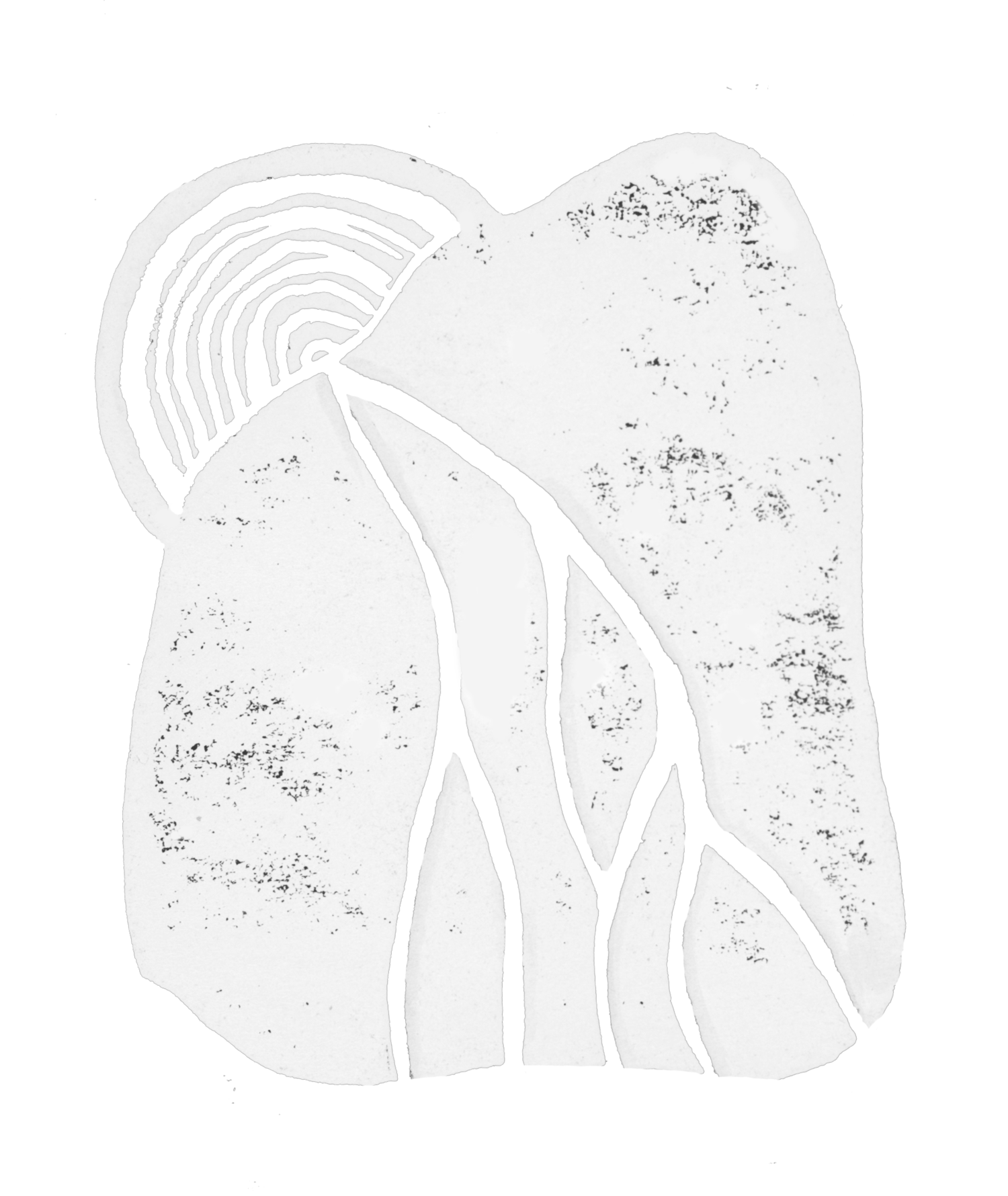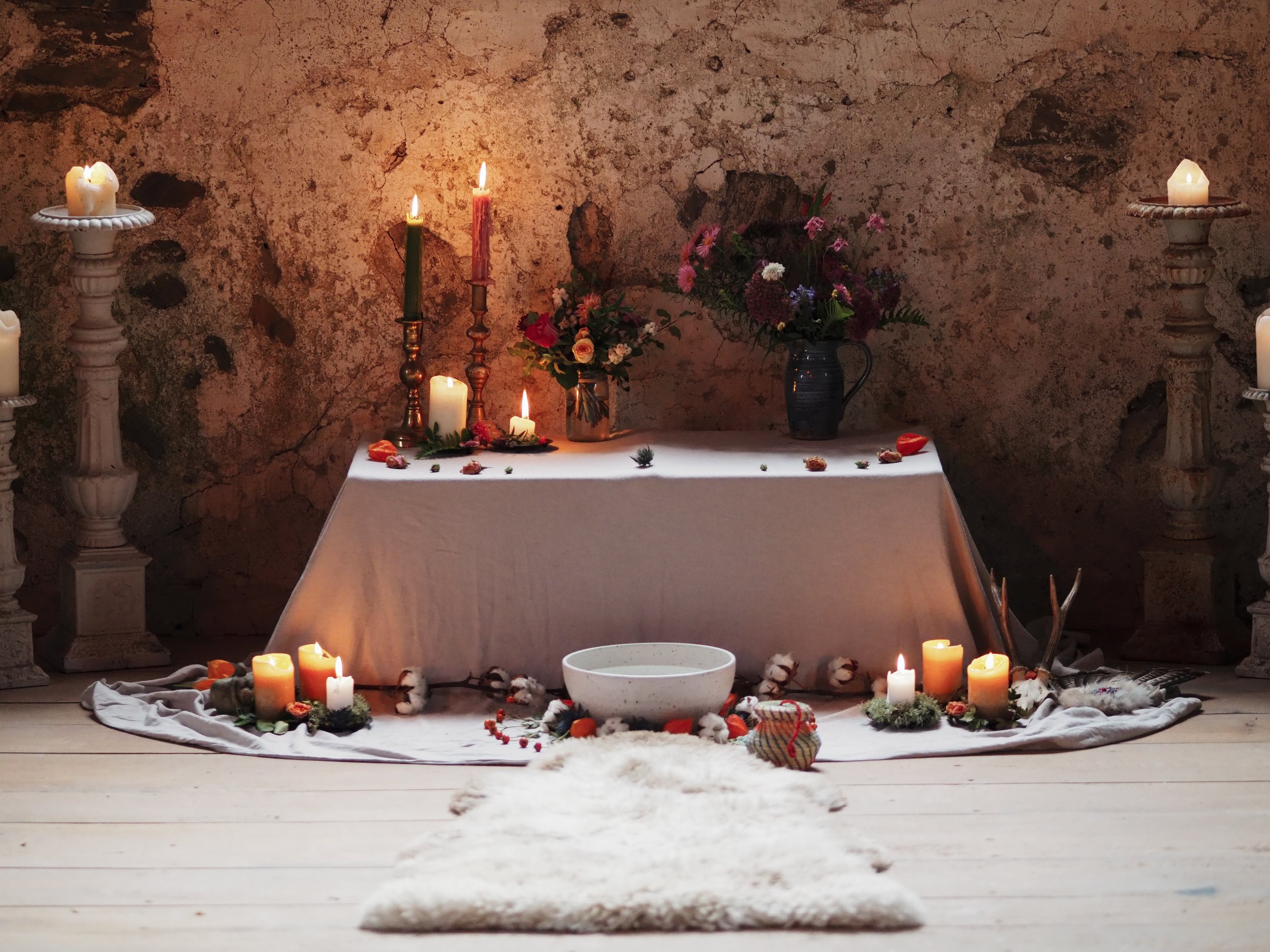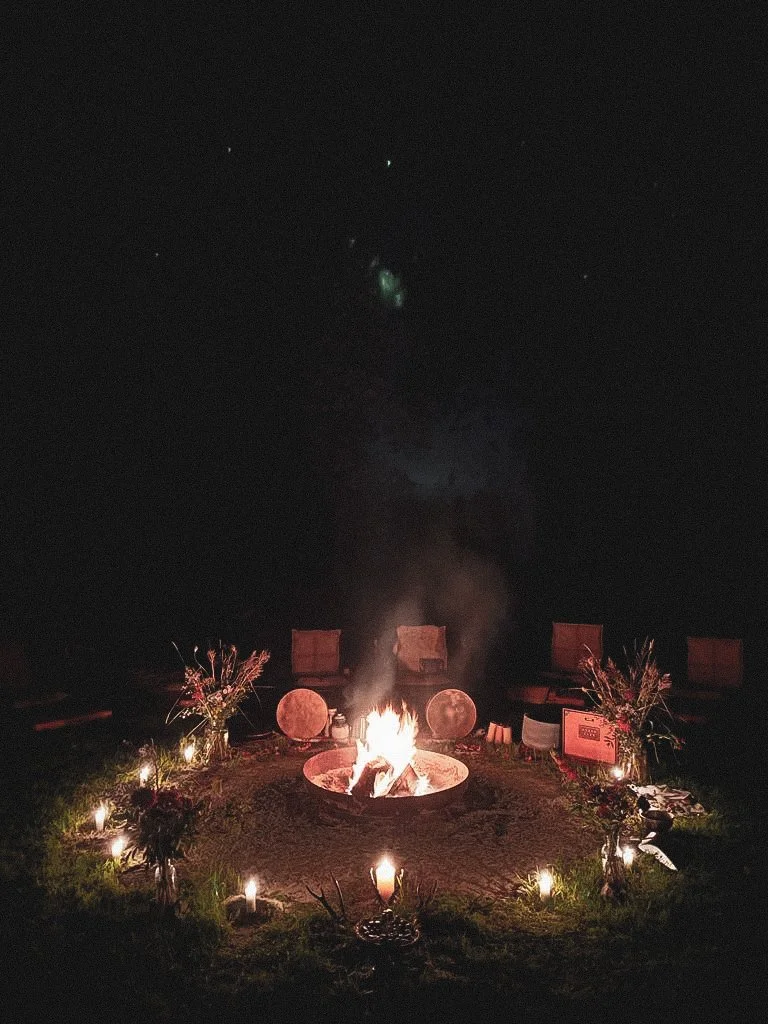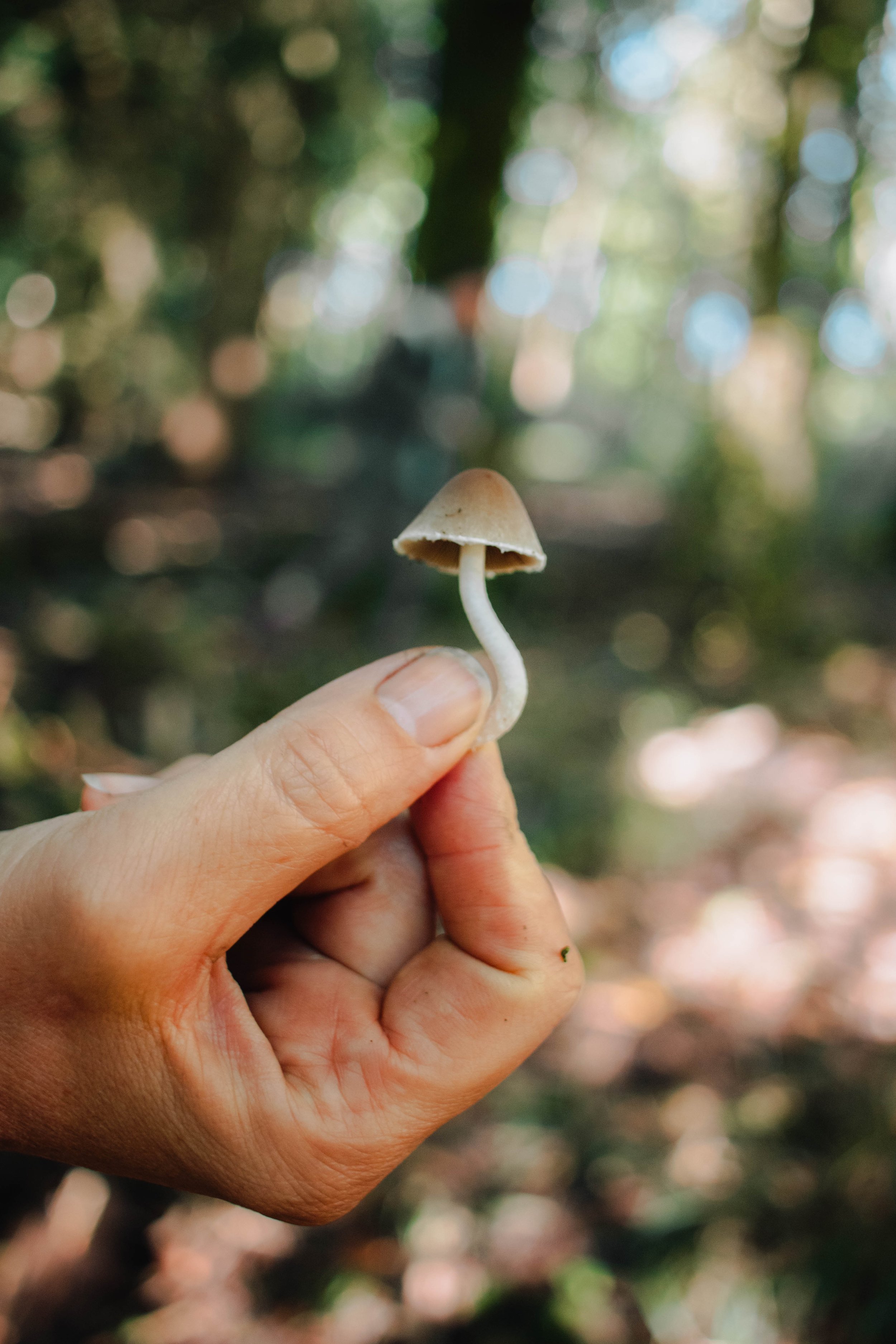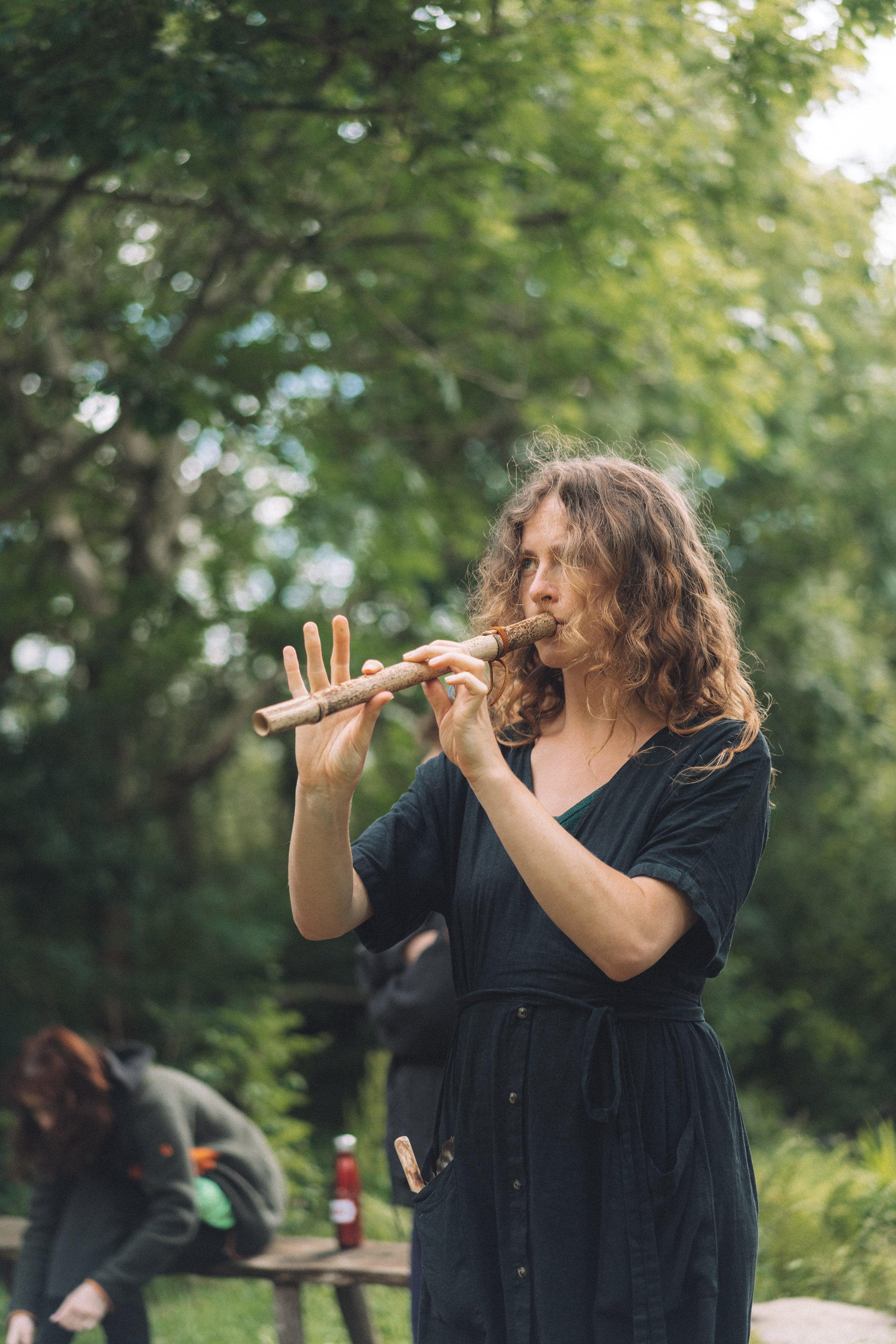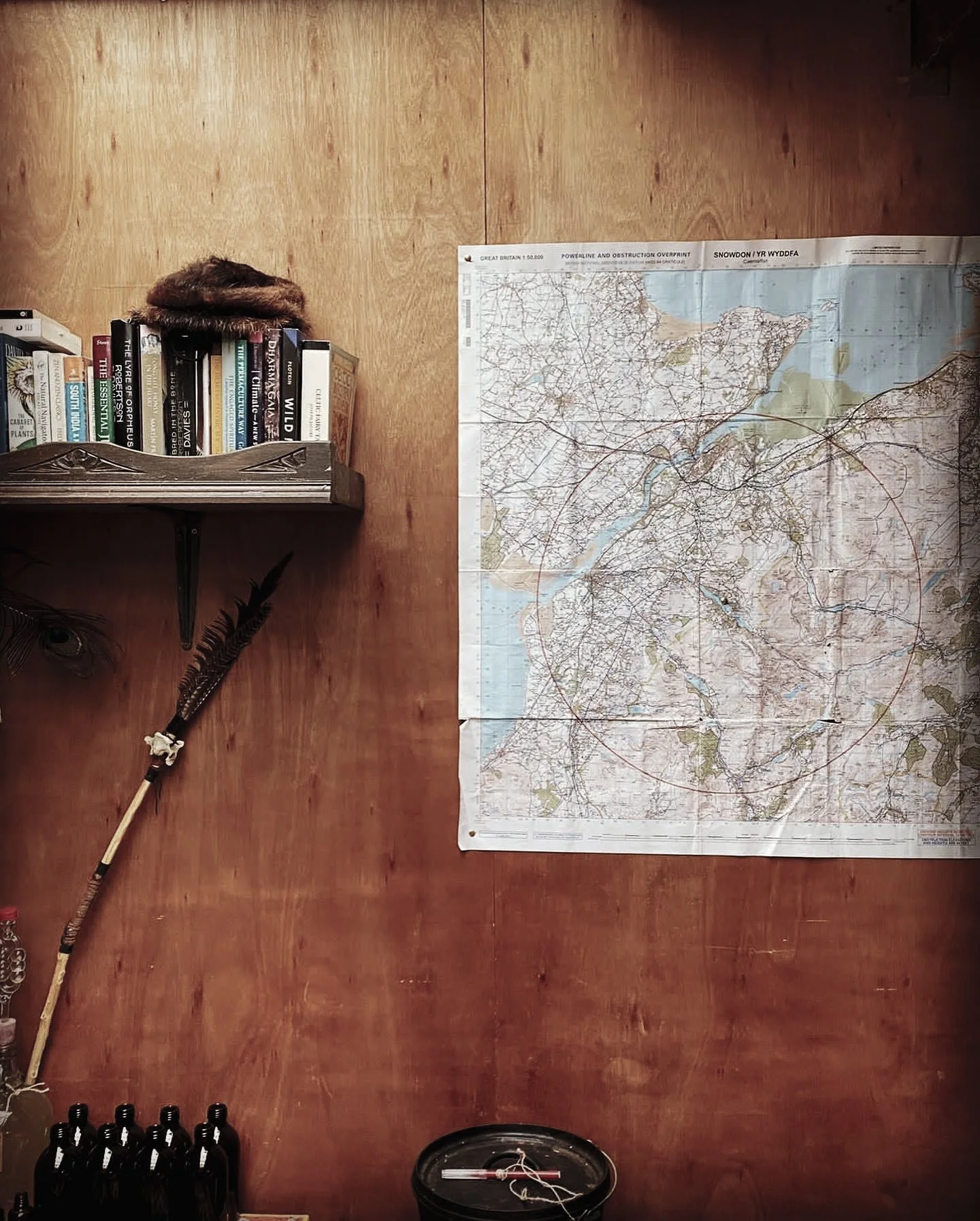
resources
Psychedelic-assisted psilocybin research, resources and FAQs about our psilocybin-assisted retreats
Psychedelic-assisted experiences
Psychedelics, stemming from the Greek words psyche (mind) and delos (make visible, reveal), encompass substances that induce an elevated state of consciousness marked by a hyperconnected brain state. Another term often used is "Entheogen," referring to psychoactive compounds that prompt shifts in perception, mood, consciousness, cognition, or behavior, primarily for spiritual growth or within sacred contexts.
Are psychedelics safe?
Classical psychedelics aren't addictive and, unlike alcohol, don't pose toxic risks to the body. Unfortunately, sensationalised media scare stories have inflated perceived dangers. Ethical concerns revolve around irresponsible facilitation, mixing psychedelics with other substances, or using them alongside conflicting existing health conditions or medications.
A noteworthy 2010 study in The Lancet, a top medical journal, ranked LSD and magic mushrooms among the safest of 19 commonly used psychoactive substances. They were deemed twelve times safer than alcohol and four times safer than commercial tobacco. Moreover, a 2013 study involving over 130,000 individuals found no indication that psychedelic use led to heightened mental health issues. Instead, substances like Psilocybin have shown promise in alleviating various psychological afflictions.
Despite thousands of years of use by humans around the world, psychedelics were abruptly made illegal to supply and possess by a UN convention in 1971 as a consequence of President Nixon’s War on Drugs. Whilst the policy was framed as promoting public health, one of Nixon’s top advisors said in 1994 that the drug war was in fact a ploy to undermine Nixon's political opposition (psychedelics have been linked to the social uprising against sexism, racism, nuclear war and ecological harm). It is apparent that we are now in a psychedelic renaissance, with a new wave of excitement arising from people’s re-membered relationship with indigenous ways of knowing, also fuelled by burgeoning scientific exploration into psilocybin's potential as a catalyst for personal, collective, and ecological transformation.
Delve into scientific review articles exploring psilocybin's therapeutic potential in mental health treatment and explore the array of associated research papers below for a deeper understanding.
-
Mystical experiences occasioned by the hallucinogen psilocybin lead to increases in the personality domain of openness… READ
Patients’ Accounts of Increased “Connectedness” and “Acceptance” After Psilocybin for Treatment-Resistant Depression… READ
Mapping the Psychedelic Brain: Active ingredient in magic mushrooms disrupts communication between brain regions… READ
Psilocybin for treatment-resistant depression: fMRI-measured brain mechanisms… READ
Psychedelic Compound in “Magic Mushrooms” Prompts Growth of Neural Connections Lost in Depression… READ
Psychedelics and the Default Mode Network… READ
A qualitative report on the subjective experience of intravenous psilocybin administered in an FMRI environment… READ
Acute, subacute and long-term subjective effects of psilocybin in healthy humans: a pooled analysis of experimentalD studies… READ
Acute psychological and physiological effects of psilocybin in healthy humans: a double-blind, placebo-controlled dose–effect study… READ
Psychedelics and species connectedness… READ
Psilocybin mushrooms on Psychonaut Wiki… READ
A systematic study of microdosing psychedelics … READ
Study of psilocybin treatment for anxiety in patients with advanced-stage cancer… READ
Safety, tolerability, and efficacy of psilocybin in 9 patients with obsessive-compulsive disorder… READ
Psilocybin-assisted treatment for alcohol dependence: a proof-of-concept study… READ
study of the 5-HT2AR agonist psilocybin in the treatment of tobacco addiction… READ
Psilocybin with psychological support for treatment-resistant depression: six-month follow-up… READ
Fast-Acting Psychedelic Associated With Improvements In Depression/Anxiety… READ
“The potential for a mystical experience is the natural birthright of all human beings.”
― Stanislav Grof
why psilocybin?
Nestled within the ancient coastal forests of Portugal lies an oasis of nature-connection and spiritual rejuvenation: our psychedelic psilocybin retreats. Our immersive experiences are designed to guide individuals on a transformative journey through consciousness expansion and psychedelic healing. Surrounded by the lush greenery of this pristine wilderness, participants engage in carefully facilitated psilocybin ceremonies aimed at unlocking profound inner insights and promoting personal growth. These transformational retreats offer a blend of spiritual exploration, psychedelic therapy, and mindfulness practices, fostering an environment conducive to deep introspection and self-discovery. Join us for an unforgettable exploration of the mind, spirit, and the wonders of nature in our magic mushroom retreats, where the ancient wisdom of the forest converges with the healing powers of psychedelics, inviting a profound shift in perception and consciousness. Through mind-altering journeys and sacred plant ceremonies, our holistic approach fosters inner exploration and spiritual awakening experiences. Participants embark on entheogenic encounters, guided by experienced facilitators, delving deep into the realms of psychedelic therapy sessions and transpersonal exploration. Rooted Healing’s retreats offer a sanctuary for those seeking holistic healing
Psilocybin exists all over the world in abundance, making it an embedded thread within our collective ancestral lineages, with evidence of its ritualist use as early as 9000 years ago, through the Algerian cave paintings. “Here are the earliest known depictions of shamans with large numbers of grazing cattle”, writes ethnobotanist/mystic Terence McKenna in his book Food of the Gods: The Search for the Original Tree of Knowledge. McKenna continues,“The shamans are dancing with fists full of mushrooms and also have mushrooms sprouting out of their bodies. In one instance they are shown running joyfully, surrounded by the geometric structures of their hallucinations. The pictorial evidence seems incontrovertible.”.
Psilocybin is known to be one of the safest Psychedelics and has been scientifically proven to support long-term neurogenesis, which is the formation of new neuronal cells in the brain, offering breakthrough therapy for mental health issues. Controlled studies have revealed that Psilocybin can treat an array of psychological issues including depression, anxiety, existential dread, PTSD and addiction. In a study by the Johns Hopkins School of Medicine, 80% of those who received psilocybin said it was one of the five most meaningful experiences of their lives; 50% said it was the single most meaningful experience of their lives to date.

how does it work?
Where much of modern medicine is designed to manage symptoms, Psilocybin digs deep into the root causes and provides an expansion of consciousness that helps you remould where you place your attention. It is a process of unlearning unhealthy conditioning and patterning, whilst awakening neural pathways associated with interconnectivity, broader perspective and child-like wonder.
Our guest speaker, Dr Sam Gandy, has also recently found in his scientific research that Psilocybin cultivates and deepens nature-connectedness more so than other psychedelic medicines (including Ayahuasca and LSD). We see Psilocybin as Earth Medicine - showing us how to interrelate with compassion and curiosity, whilst also catalysing our roles as eco-guardians as we remember how to heal our inner and outer landscapes as one.
Psilocybin is a serotonin 2A or 5-HT2A receptor partial agonist, meaning it can interact with our serotonin receptors, bridging the consciousness of the fungal kingdom with the human. It lowers activity in the Default Mode Network, which is the part of the brain associated with identity, thoughts of the past + future, self-criticism and reflection/introspection.
Psilocybin provides our mind with the opportunity to open and build new neural pathways, in a similar way to how mycelium spreads and interconnects across species. Research is revealing that Psilocybin-assisted therapy has prolonged healing effects on conditions (ie; what we have been conditioned into) such as addiction, anxiety, depressive moods and other unwell patterns. We see it as the great connector, creating pathways for new (or remembered) insights, perspectives, creative ideas and right-brain bigger picture thinking.
the power of ceremony + ritual
We, as human beings upon this earth, have sat in ceremony since time immemorial. It is our birthright to cultivate time together to connect with our shared humanity and our relational dance within the web of existence. Ceremony offers us a healing containment to delve into the depths of our heart’s questions, sorrows, joys and dreams. It is an opportunity for us to reflect and broaden our perspective.
Ceremony brings us back into a state of belonging, which balms the losses of the modern era. It is an alchemy of intention, song, prayer and elemental relationship, through which our personal and collective voices of longing and creativity are extended to the unseen dimensions of life, beyond our conscious minds and into the realms of nature and spirit. This act is indigenous to the psyche, invoking a form of ‘direct knowing’, which is often ineffable but experienced through the fabric of our being.
As Michael Meade puts it,“One purpose of creative ritual was to experience the connection to “the other” as well as a deeper connection to oneself. That’s why ancient people would say: that ritual made me more aware of how I’m connected to life, to the earth, to the spirits, to the song of creation, and made me more aware of who I am inside, at the level of my own being. What we’ve lost is partly the sense that we are each connected to the whole thing, that each human soul is secretly connected to the living soul of the world.” Meade continues to remind us that we are most human and most alive when we allow ourselves to be touched by the wonder of the world and when we feel genuine gratitude for the life we have been given.
“Ritual is a form of direct knowing, something indigenous to the psyche. It has evolved with us, taking knowing into the bone, into our very marrow. I call ritual an embodied process.”
— Francis Weller
Ritual can feel like a lost art for many of us, especially if we do not identify with a particular religion. Our ceremonies create a space for cross-cultural interrelationship with that which is beyond the small self, where nature guides our work as the leading teacher and holder. Because of the acculturation we are all descendants of, we place great importance in the role of mentorship, lineage and blessing when it comes to carrying forth this work, which is why we work with ceremonialists who we know to have spent years (and on-going) time with their elders and teachers who carry indigenous wisdom. And with this intact lineage, we deeply honour the wisdom keepers who have so generously shared these traditions for the healing of the world.
“Ceremony can bring the quiescent back to life; it can open your mind and heart to what you once knew but have forgotten.”
— Robin Wall Kimmerer
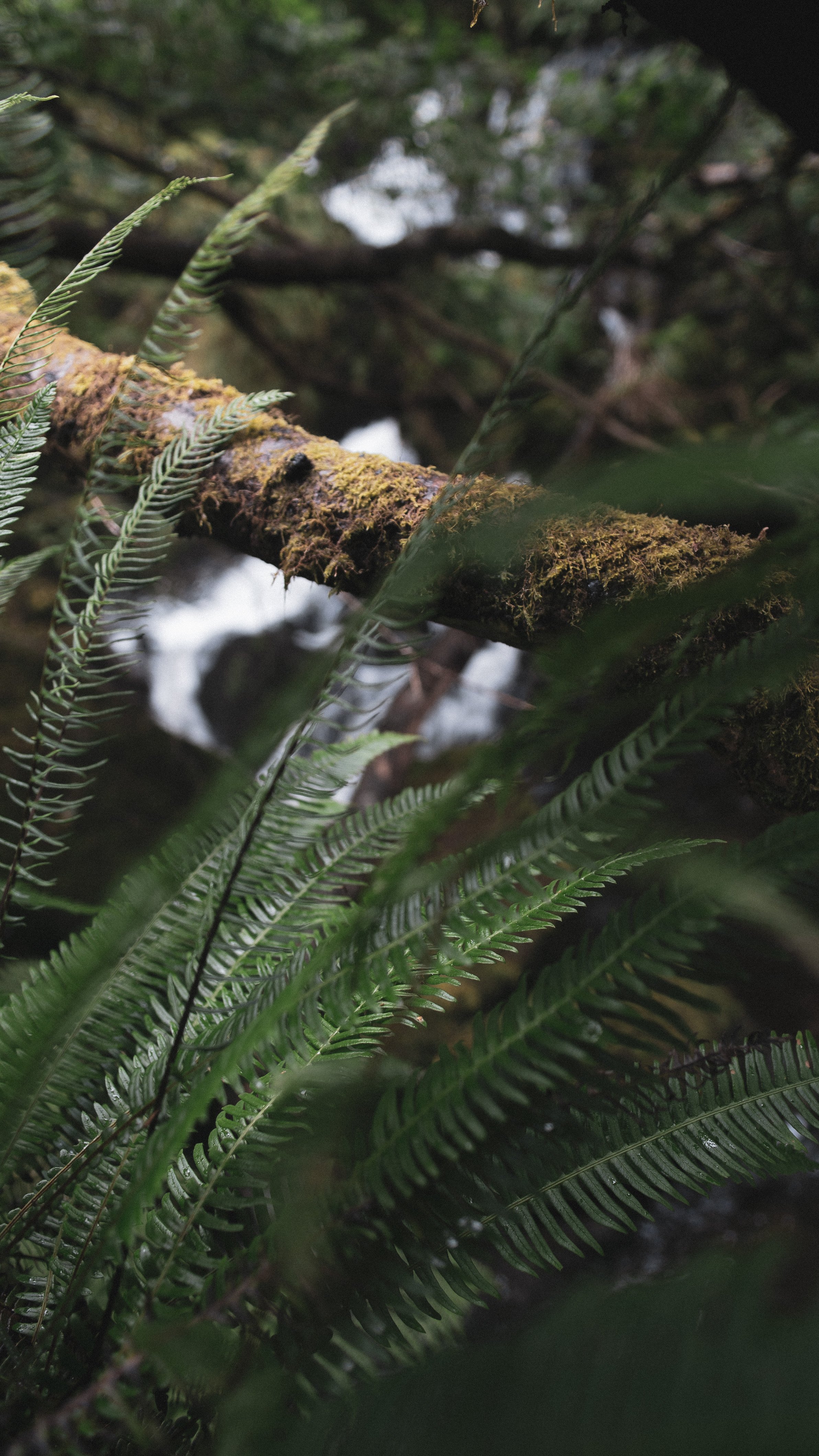
read our journal
FAQs

Who are Rooted Healing retreats for?
Our retreats are for people with stable mental and physical health. We do not offer clinical-therapeutic or medical treatment. Because most accommodation options are shared and our ceremonies are held together in an intimate group, we vet the application process to make the safest process possible with all participants in mind. We are always open to arranging a call to discuss your options and in some minor cases, we can accommodate certain conditions and situations if we collectively feel this is the right route for you.
What factors might exempt me from attending a psilocybin retreat?
Certain medications + conditions do not combine well with Psilocybin and may have potentially dangerous effects or disruptive tendencies within a group setting. This is for your safety and for the safety of the group.
Can I keep some work calls scheduled during the retreat?
It is strongly encouraged to free up your schedule so that you can unplug and get the most from the experience.
Can I come if I am on antidepressants (SSRI or SNRI)?
SSRI and SNRI antidepressants work on the same receptor system as psilocybin and block/reduce its effects. Our team prioritises harm reduction over intake, so we review each applicant individually, based on your dosage and prior experience, alongside your medical history. It is then about managing your expectations as there is a higher chance that you won’t have a strong experience. You may also need a higher dose of Psilocybin.
You may also discuss with your doctor possible directions with regard to tapering off your medication, which requires 3+ months (we are not in a position to advice you on this).
Can I arrive late or leave early?
We require full participation as we will be opening and closing the container which we co-create together and it is very important this is in full attendance. There are many, many reasons behind this, but to mention only one, we see how it disrupts the energy and flow for the whole group and will prevent you from receiving the full experience and support.
I have an injury… Are the movement sessions vigorous?
Our movement practices are rooted in intuitive movement and are therefore adaptable to your needs. They are moving meditations rather than generic posture-centric yoga classes.
How can I be supported if a psychedelic-assisted retreat isn't right for me?
If you suffer from more severe mental health issues, you might require a level of assistance we are not able to offer you in a group setting. Please know that this is for your own safety, as well as the safety of the group.
You could research whether there are any medical Psychedelic-Assisted trials happening near you where you can participate in a clinical setting.
You can also explore alternative ways to access altered states such as Holotropic Breathwork or shamanic drumming circles. Similarly, you could see if there is a local Psychedelic Society and connect with that community, attend events and explore what is on offer.
There are so many types of therapy, so you could explore somatic therapy, parts therapy, family constellations therapy, Gestalt therapy, Compassionate Enquiry, or find a transpersonal psychologist, to mention a few options more aligned with a path of psychedelic intrigue.
Group therapy can also be a powerful way to create more multidimensionality within your own healing, connecting with the stories of others and allowing yourself to be vulnerable in a safe space.
How large will the group size be?
Our retreats usually hold 12-16 guests. We have found this to be the magical alchemy for intimacy and a large-family circle, which carries its own beautiful energy. So far, all past retreats have had this range of participants.

Learn more about psychedelic preparation and integration and why we include a thorough supporting online programme with our psilocybin retreats.
featured episodes from our podcast

explore more episodes
books
The Myth of Normal by Dr Gabor Maté (or any of his books and podcast interviews - he’s brilliant
How to Change Your Mind by Michael Pollen
Food of the Gods by Terrance Mckenna
Entangled Life by Merlin Sheldrake
Plants of the Gods: Their Sacred, Healing, and Hallucinogenic Powers by Richard Evans Schultes + Albert Hofmann
Breaking Convention: Essays on Psychedelic Consciousness by David Luke
The Wild Edge of Sorrow by Francis Weller (especially relevant to our grief tending partnership)
The Cosmic Serpent by Jeremy Narby (for plant + human communication)
It Didn’t Start With You by Mark Wolynn (healing intergenerational trauma)
The Body Keeps the Score by Bessel A. van Der Kolk (trauma + somatics, albeit written in quite a traumatic way)
Wintering by Katherine May (the importance of rest + retreat)
Belonging: Remembering Ourselves Home by Toko-pa Turner
documentaries
Fantastic Fungi
Revealing the Mind: The Promise of Psychedelics
How to Change Your Mind
Psychedelica

